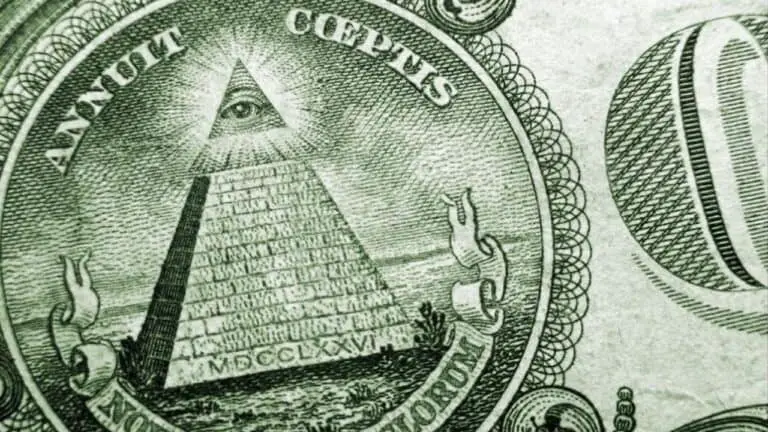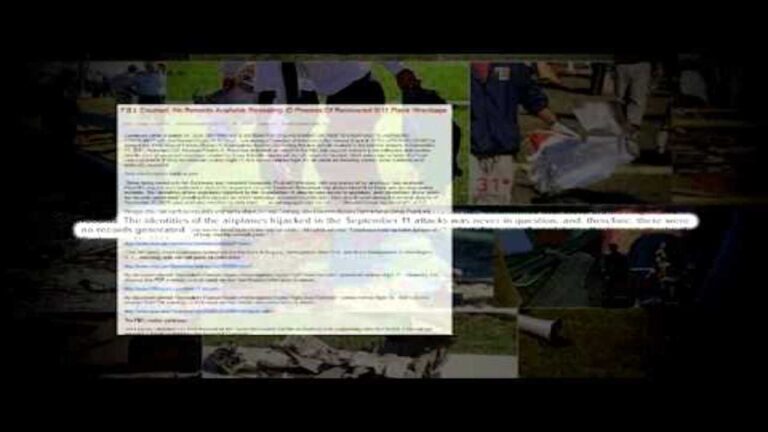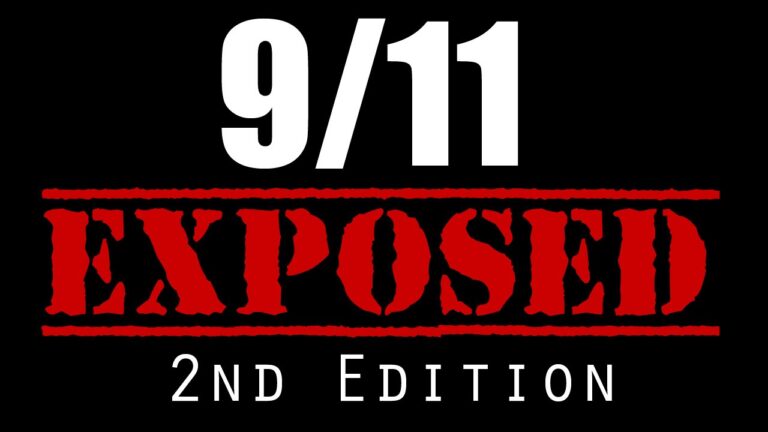The September 11 Attacks: A New Pearl Harbor or a False Flag Operation?
On September 11, 2001, the United States was shocked and horrified as terrorist attacks on the World Trade Center and the Pentagon resulted in the deaths of nearly 3,000 people.
As the nation struggled to come to terms with the tragedy, many commentators pointed out the striking similarities between the 9/11 attacks and the surprise attack on Pearl Harbor on December 7, 1941.
Both events were used as a justification for going to war, with the United States entering into conflicts in Afghanistan and Iraq in the aftermath of 9/11 and Japan in the aftermath of Pearl Harbor.
However, while the immediate goal of these conflicts may have been to avenge the attacks and bring those responsible to justice, it has become clear that the ultimate goal was not initially stated.
Before the attack on Pearl Harbor, President Franklin D. Roosevelt knew that a surprise Japanese attack would enrage the American public and jumpstart the American war machine, allowing him to enter into a war with Hitler.
Similarly, before 9/11, authorities knew that a surprise attack like Pearl Harbor would enrage the public and start a war against Afghanistan, allowing them to enter into a war with Saddam Hussein.
In both cases, propaganda was used to create a direct connection between the enemy and the attacks, with the majority of the public believing the false association.
After Pearl Harbor, a poll taken immediately after the attack showed that more than 60% of Americans believed that Germany was behind the attack, despite the fact that it was carried out by Japan.
Similarly, by the end of 2003, nearly 70% of Americans believed that Saddam was implicated in the 9/11 attacks, despite the lack of concrete evidence linking him to the terrorist group Al-Qaeda.
Additionally, crucial information about the attacks was kept from those who could have used it to defend and minimize casualties.
Before Pearl Harbor, vital information on the Japanese attack was kept from Admiral Husband Kimmel and Lieutenant General Walter Short, the commanders at Pearl Harbor, who could have used it to defend the Hawaiian port and minimize the number of American casualties.
Similarly, before 9/11, important information was kept from counterterrorism czar Richard Clarke, who could have organized the defense and potentially even prevented the attacks altogether.
In conclusion, the similarities between the 9/11 attacks and Pearl Harbor are numerous and striking.
Both events were used as a justification for going to war, with the ultimate goal not initially stated. Propaganda was used to create a false association between the enemy and the attacks, and crucial information was kept from those who could have used it to defend and minimize casualties.
As we remember the victims of 9/11, it is important to consider these parallels and question the actions and decisions made in the aftermath of the attacks.
Subscribe to our newsletter
Get Access To Our Latest Documentaries Before Everyone Else






